The Bamboo Institute of Timor-Leste is at the forefront of a movement that merges environmental sustainability with community empowerment. In a country where rural communities face significant economic challenges and environmental degradation is a pressing issue, the institute’s work offers a blueprint for a sustainable future, rooted in the remarkable potential of bamboo.
A Vision for the Future
Founded with the goal of transforming Timor-Leste into a model of sustainability, the Bamboo Institute envisions bamboo as a central pillar of economic growth, environmental conservation, and social empowerment. By 2030, the institute aims to become a leading center of excellence in bamboo research, education, and innovation, while managing 10,000 hectares of bamboo. This ambitious vision is backed by the institute’s commitment to creating sustainable livelihoods and promoting bamboo as a versatile resource for addressing some of the nation’s most pressing challenges.
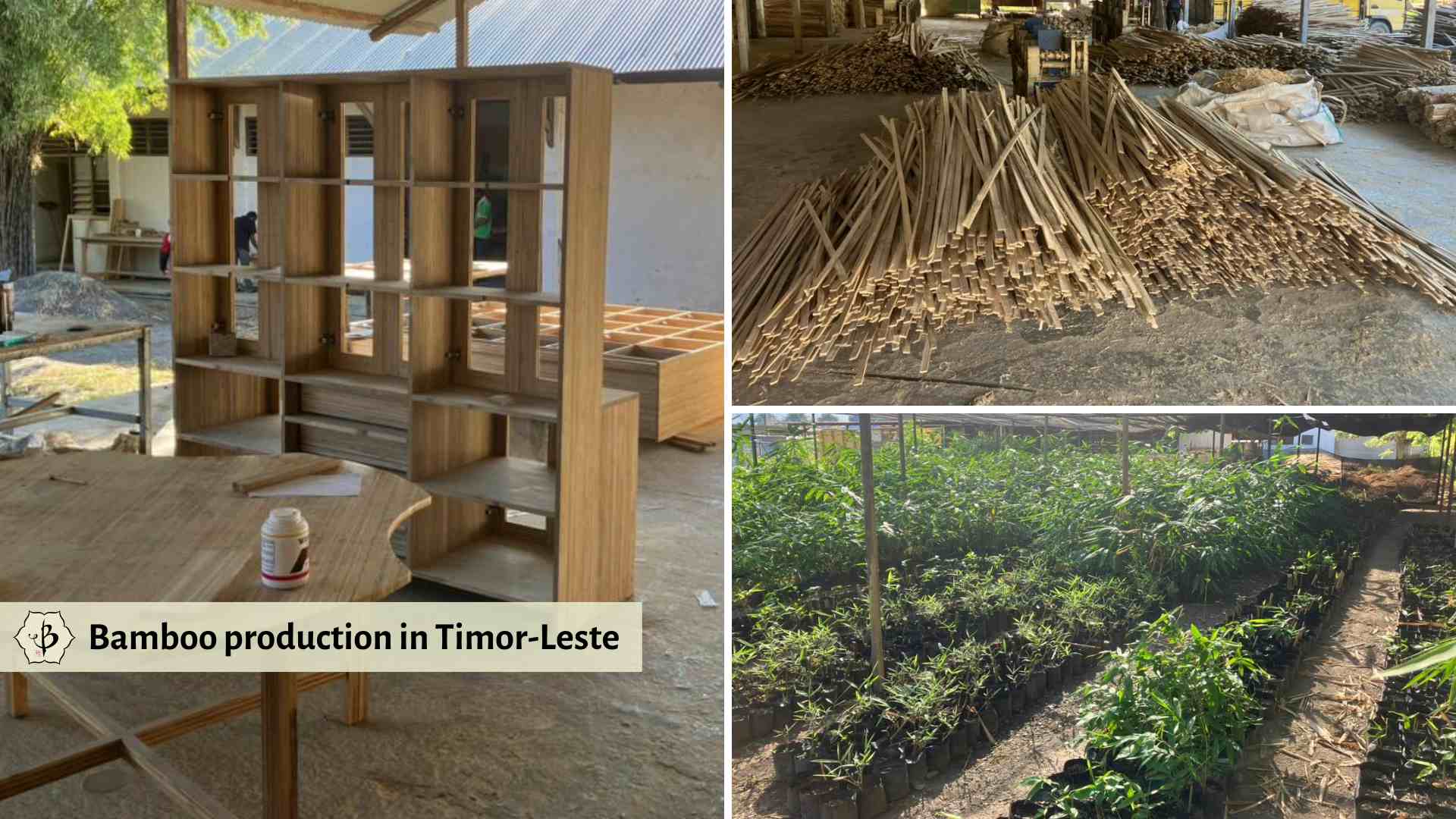
Innovative Solutions: Bamboo Biomass and Clean Energy
One of the institute’s most innovative projects focuses on producing bamboo biomass pellets and promoting clean-burning cookstoves. The biomass pellets are made from the waste material left over after bamboo poles are processed into products such as furniture, handicrafts, and construction materials. These pellets serve as a sustainable energy source that addresses deforestation and indoor air pollution, both significant issues in rural Timor-Leste, where wood and charcoal are commonly used for cooking.
The project aims to introduce clean-burning cookstoves that use bamboo biomass pellets, providing an environmentally friendly and cost-effective alternative for local communities. These cookstoves reduce harmful emissions and promote cleaner, healthier living environments, particularly for women and children, who are most affected by indoor air pollution.
Community-Driven Development
Central to the Bamboo Institute’s success are the 36 community-based bamboo groups that operate across Timor-Leste. These groups, consist of local farmers and plays a critical role in the bamboo supply chain. They manage bamboo nurseries, cultivate bamboo, and preprocess the poles into splits for various products. This process not only ensures a sustainable supply of bamboo but also provides much-needed income for rural communities.
The institute’s approach emphasizes training and capacity building, ensuring that local communities can manage bamboo resources responsibly while benefiting economically. Through these efforts, families in rural areas gain access to new income streams, which strengthens local economies and reduces the need for environmentally destructive practices such as slash-and-burn agriculture.
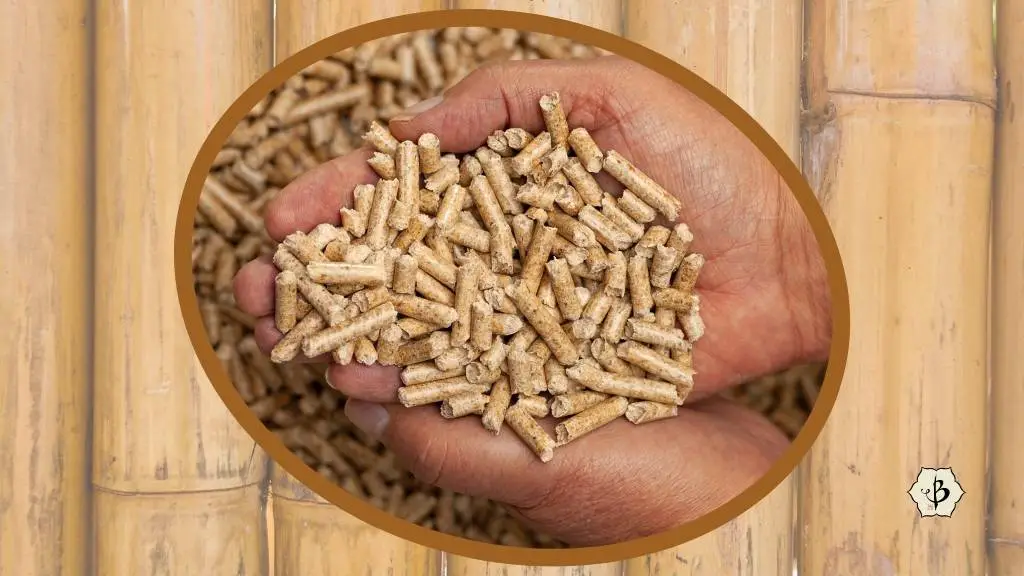
Environmental Conservation Through Bamboo
Bamboo plays a crucial role in preventing soil erosion, reducing deforestation, and improving water retention in degraded areas. By promoting the widespread cultivation of bamboo, the Bamboo Institute is helping to restore damaged ecosystems and protect the country’s natural resources.
The institute’s long-term goal is to turn Timor-Leste into a leader in bamboo-based solutions for sustainable development. From biomass energy to carbon sequestration and sustainable construction, the potential of bamboo is vast, and the Bamboo Institute is committed to realizing it.
Looking Ahead
As the Bamboo Institute of Timor-Leste continues to grow, it remains focused on its mission to improve lives, protect the environment, and promote economic development through bamboo. The institute’s work highlights how a natural resource like bamboo can drive sustainable progress, offering hope for both the present and future generations.
Through ongoing research, innovation, and collaboration with communities, the Bamboo Institute is transforming bamboo into a key driver of positive change, proving that sustainability and economic development can go hand in hand.
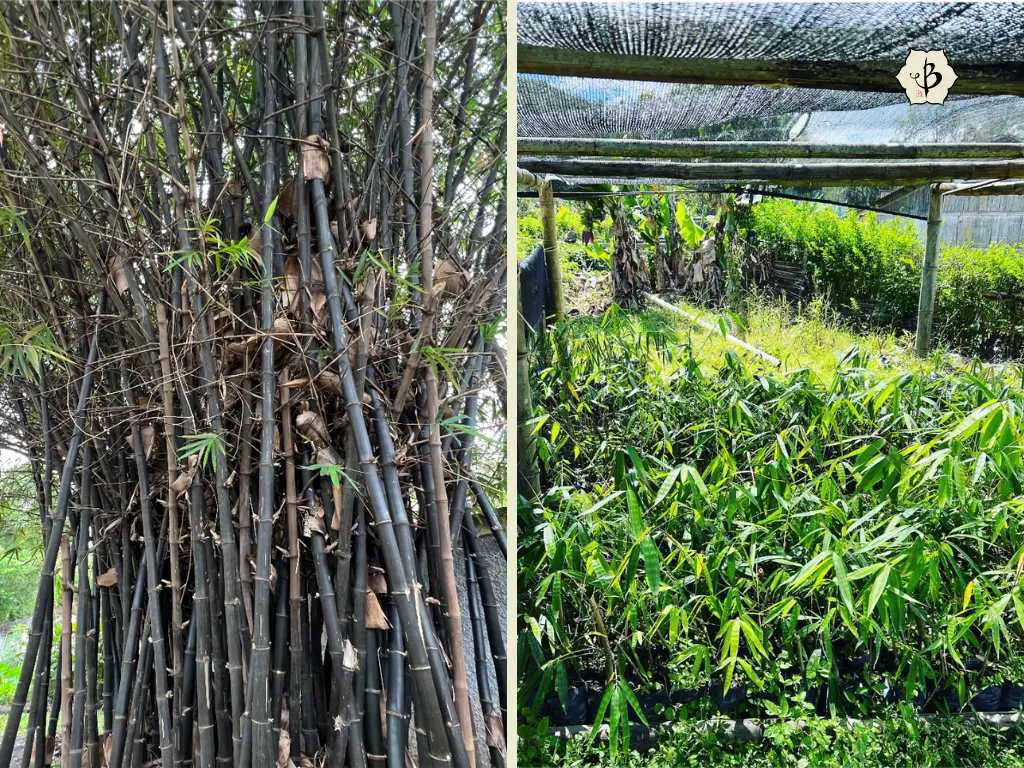
Special thanks to Shawn Larsen for contributing this article. Shawn is a U.S. Peace Corps Volunteer with a focus on Community Economic Development. He has been volunteering with the Bamboo Institute Timor-Leste for the last 18 months.
Further reading
If you’ve enjoyed this article and are interested in learning about more bamboo projects around the world, then take a look at the following articles.

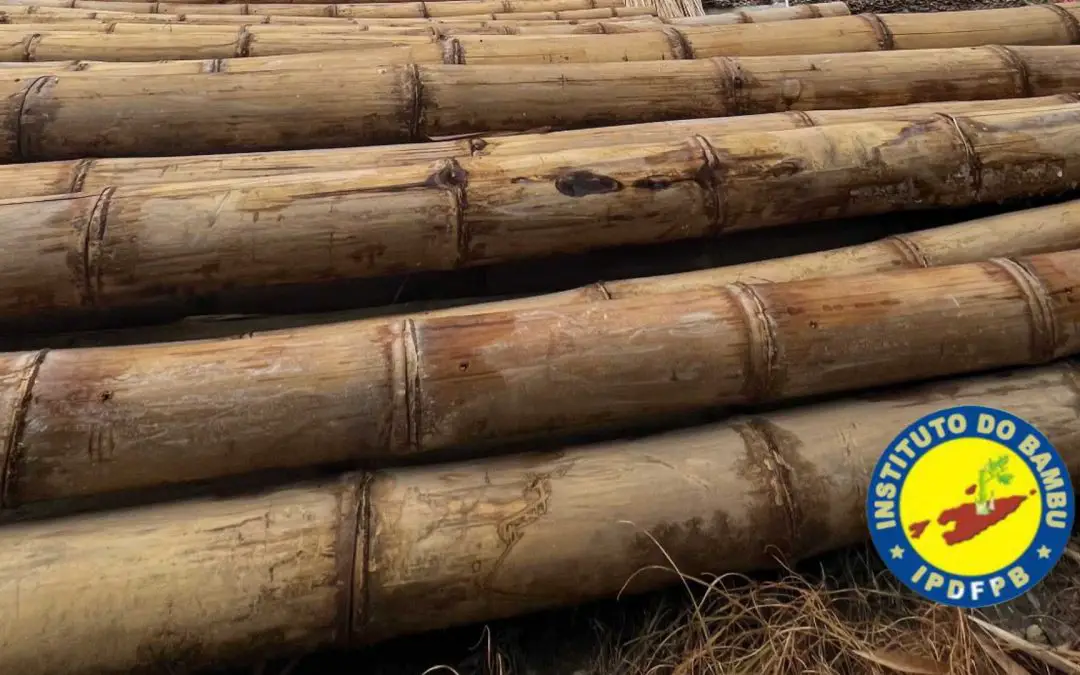
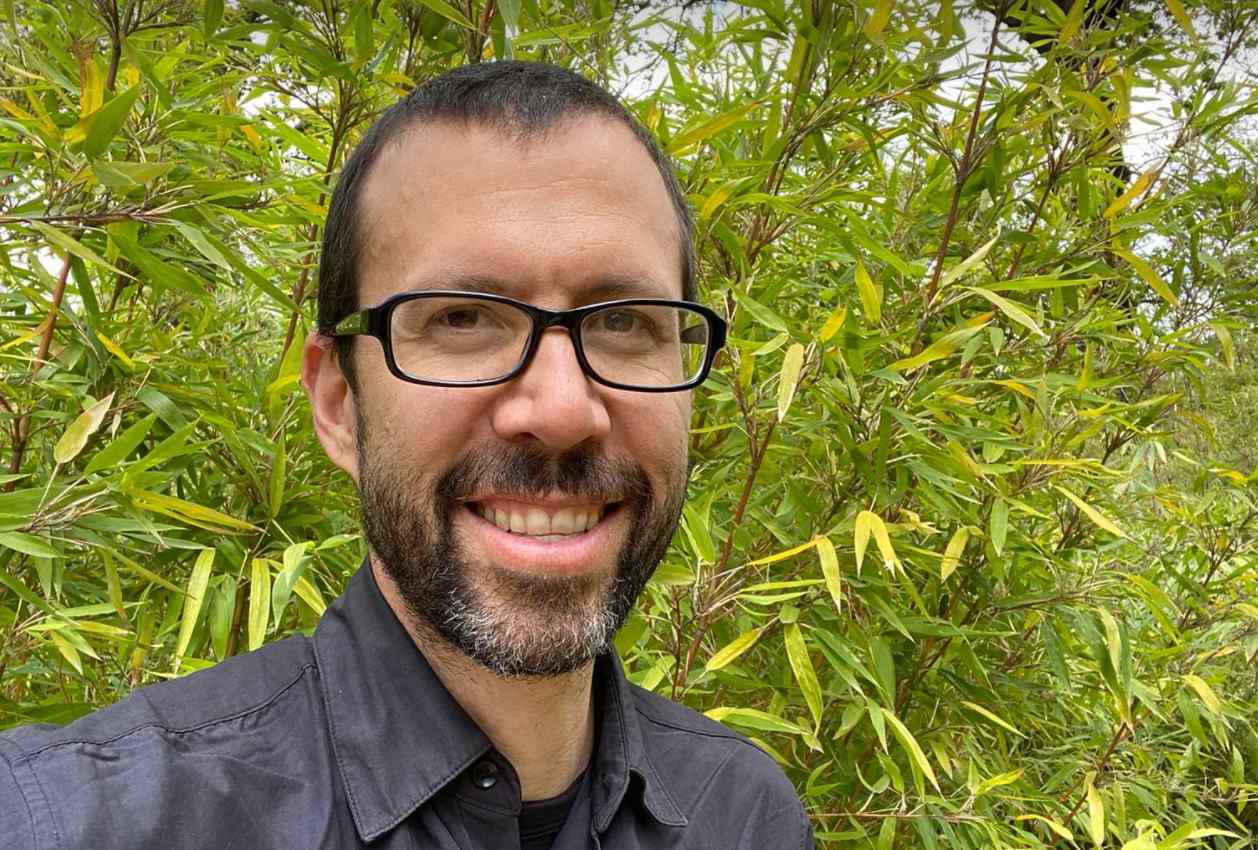

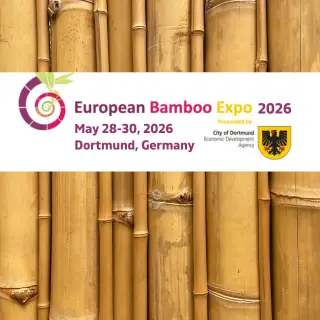
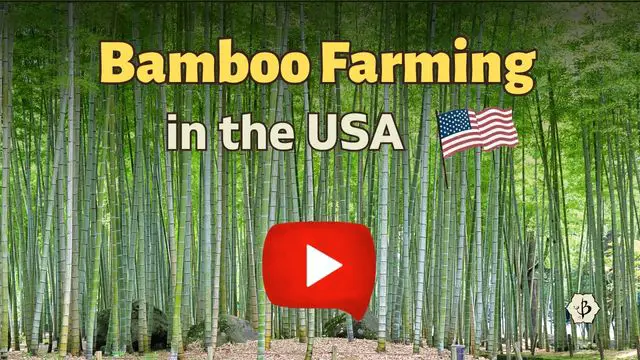




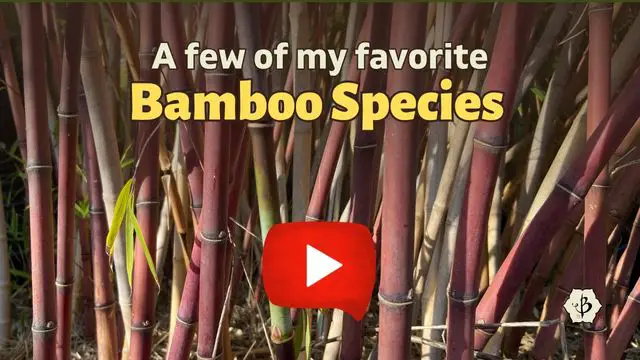
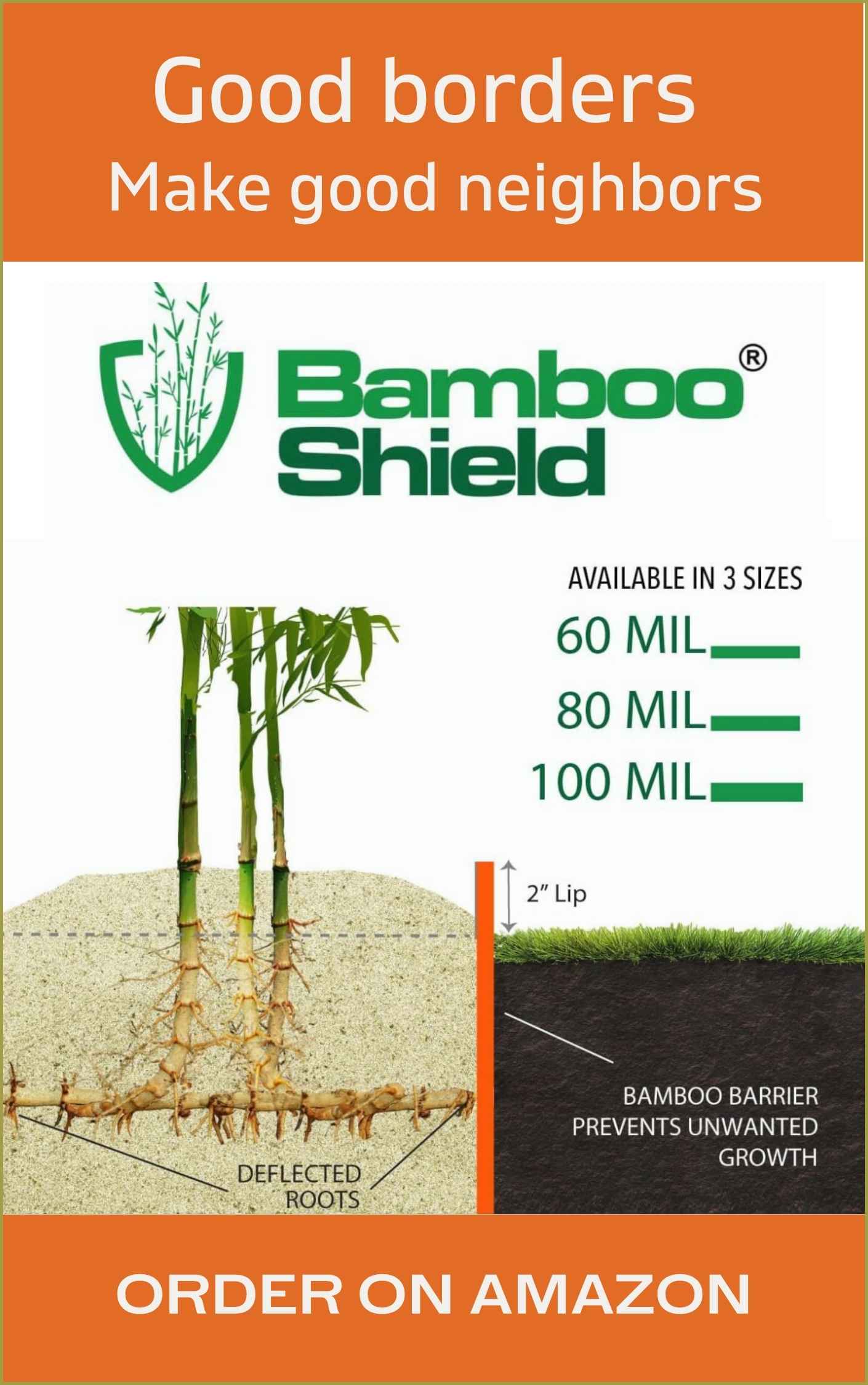

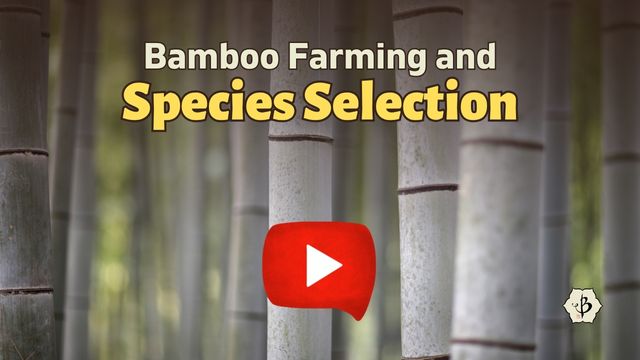


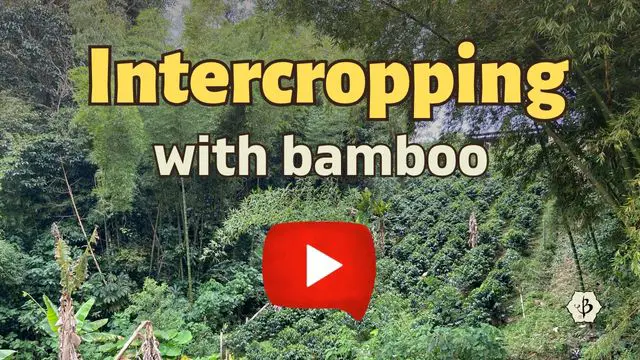

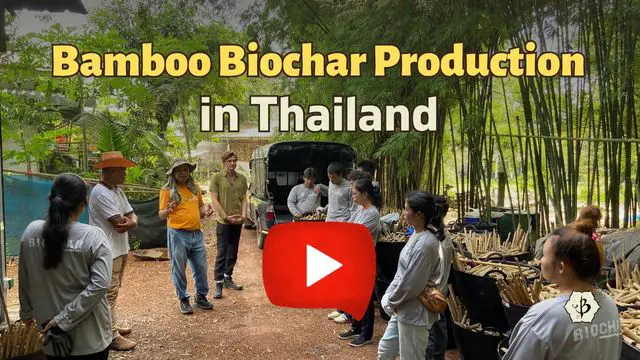
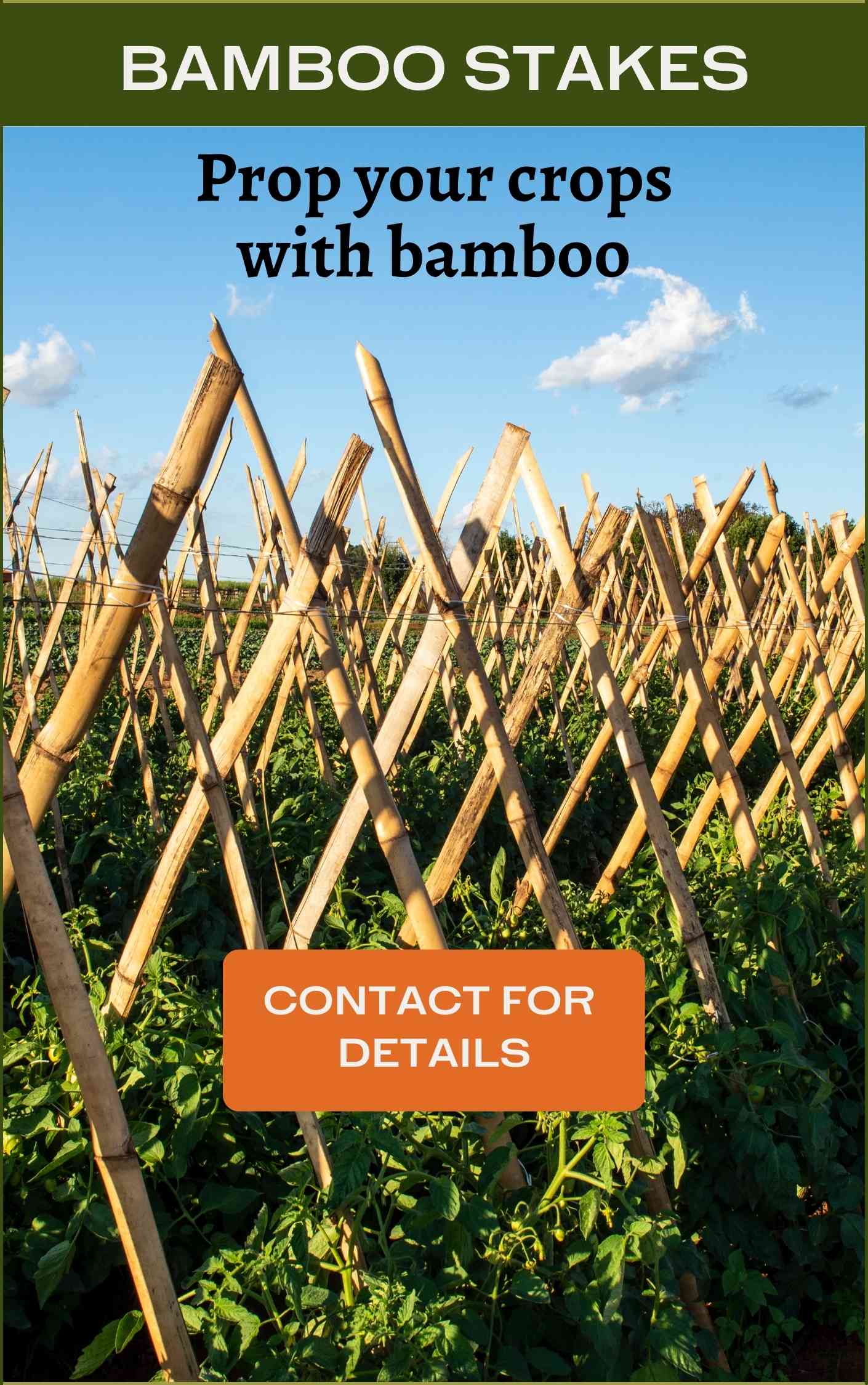
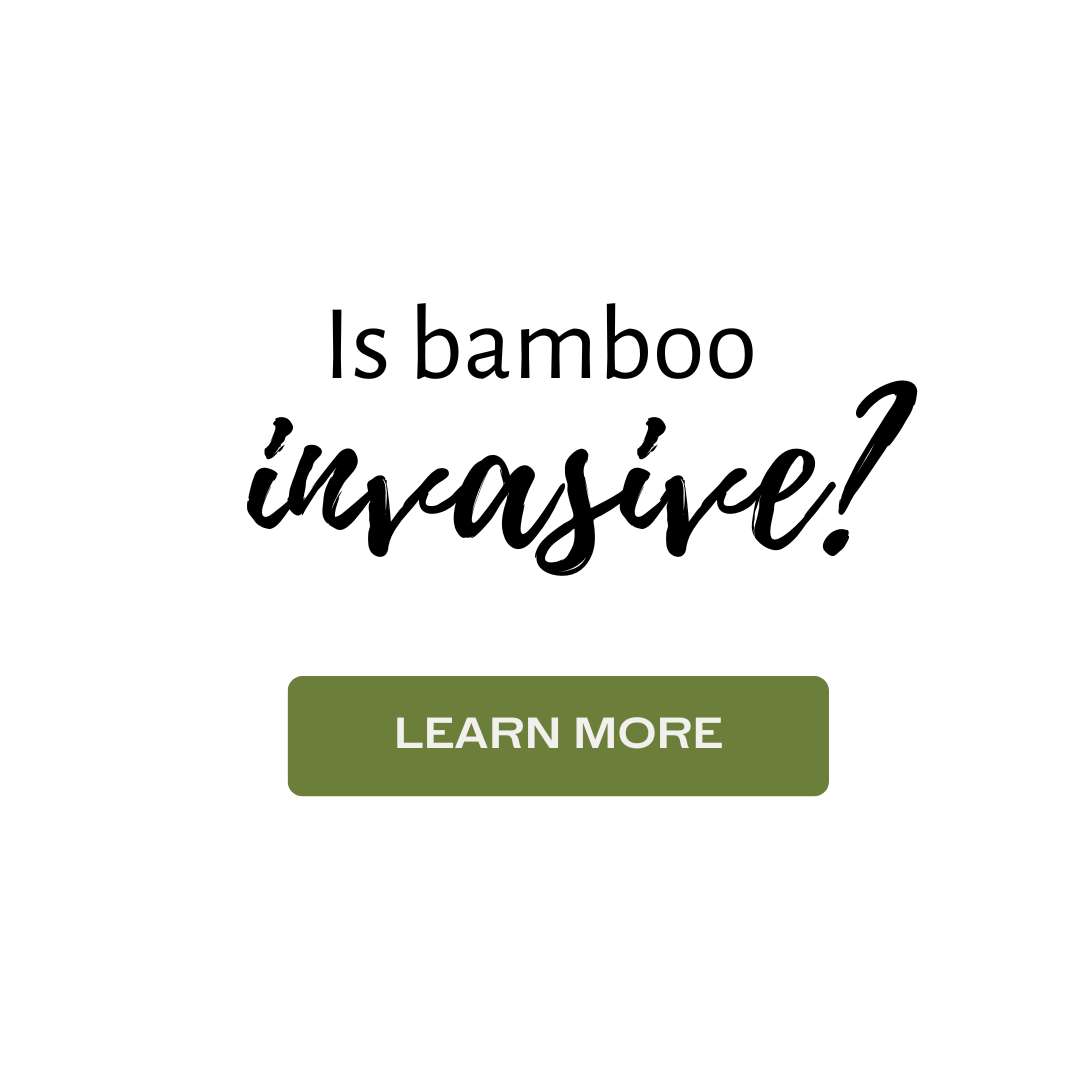


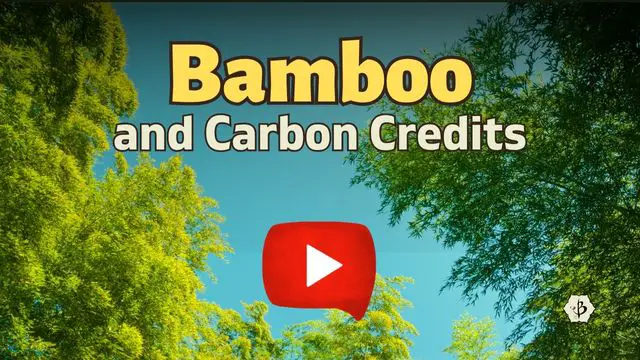

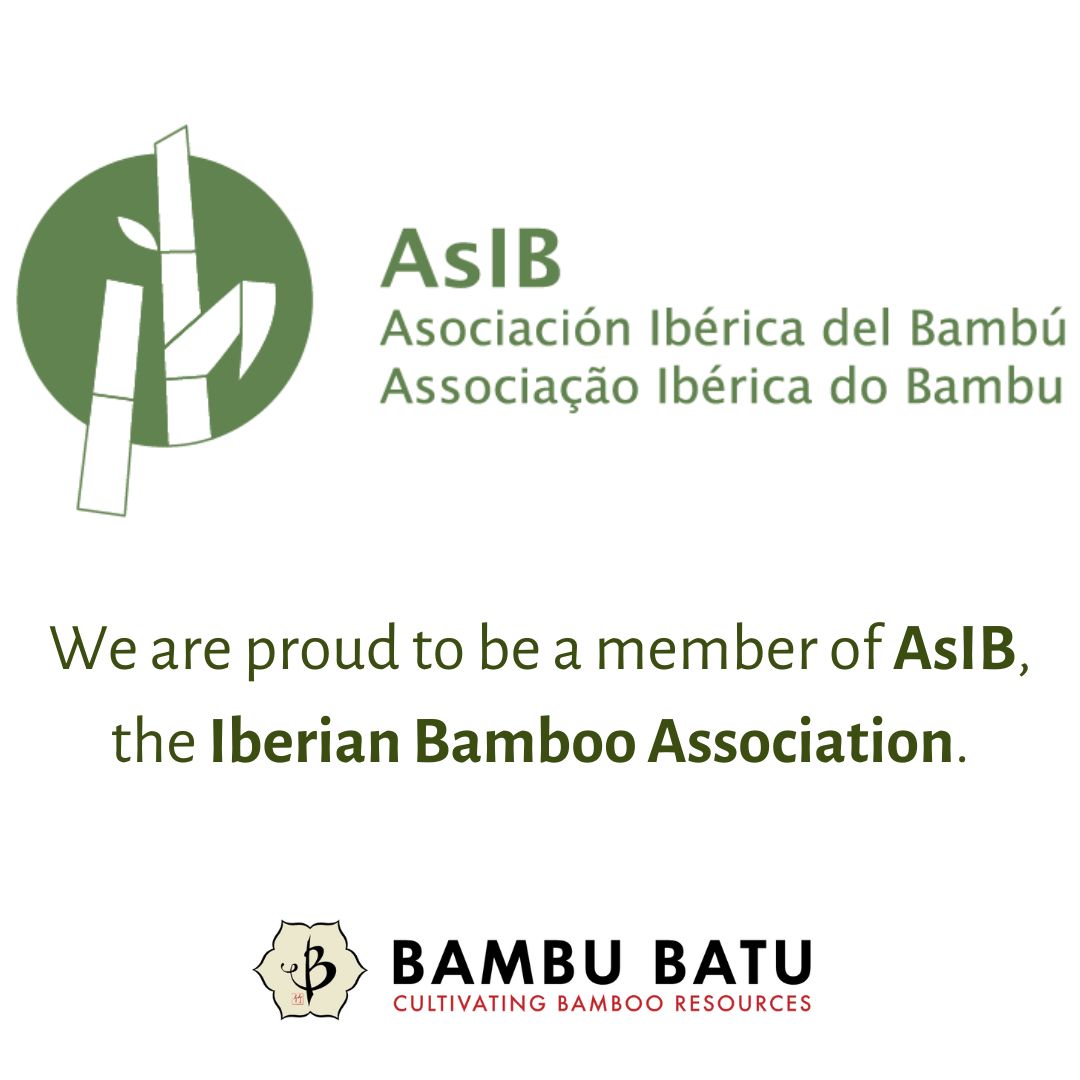
thank you for this, I learned a whole lot. I may even want to try and visit Timor-Leste, have a great day!
Thanks, Bryce! Happy gardening!
how long does it take for the bamboo to grow?
Check out this video to understand how bamboo grows: https://www.youtube.com/watch?v=cTruiNlykmE